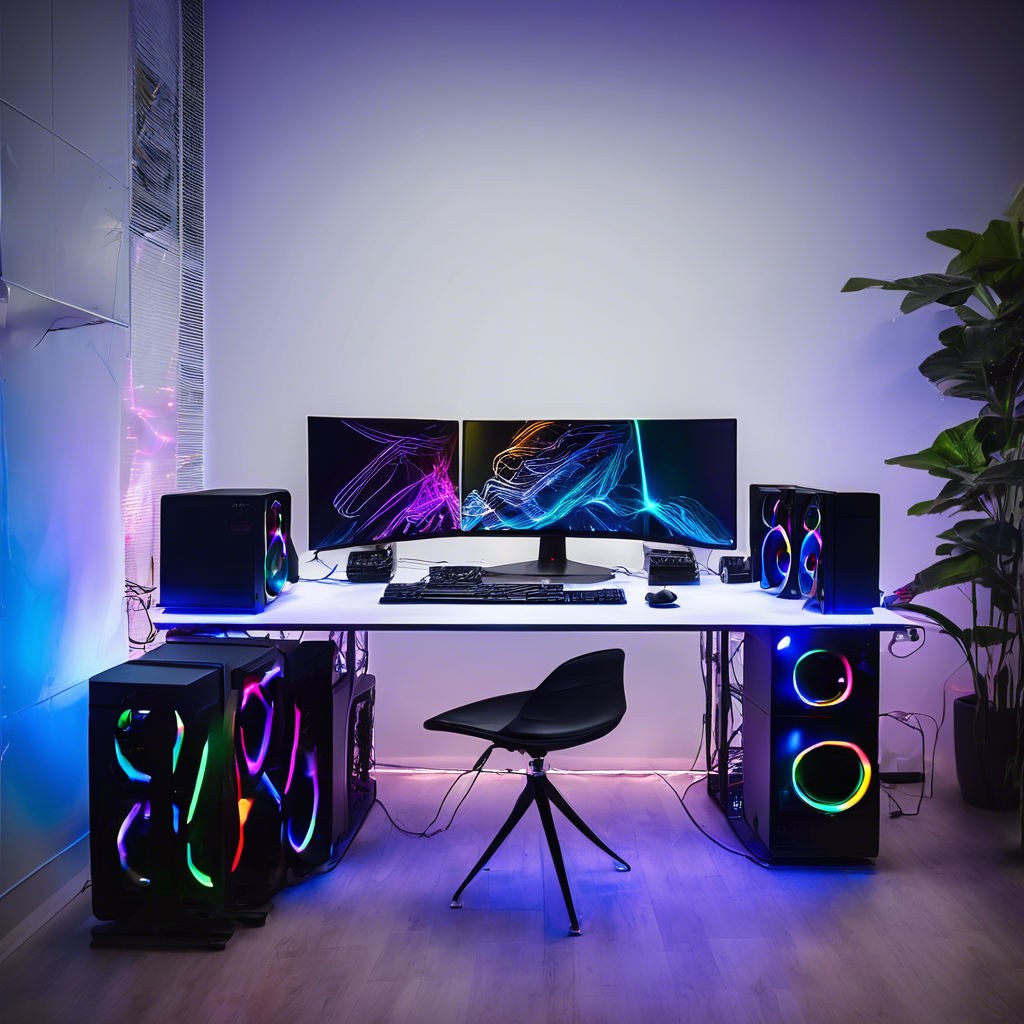
Since AI has permeated nearly every facet of the technology sector, I’ve been increasingly tempted to explore some of AI’s more intriguing applications. That growing urge eventually led me to build a desktop PC solely dedicated to AI—to experiment with vibe coding apps purely for enjoyment. With a modest budget, I settled on an AMD Ryzen 5 2400G CPU clocked at 3. 6GHz, paired with an Nvidia RTX 3090 graphics card. This combination was endorsed by fellow PC builders online as perfectly capable for AI tasks, which gave me confidence that I was making a solid choice. And they were right!My new build performed well for my latest pastime, enabling me to dabble in creating simple apps using DeepAgent. However, with hindsight, I now recognize that I made a significant mistake in my build selection—one I deeply regret. The problem was, and still is, that I constructed a PC designed for a single specific use case, which has since become obsolete in my day-to-day life. I arrived at this configuration by unknowingly violating one of life’s lesser-known rules: “Know thyself. ” This means two things: first, aside from work PCs designated strictly for work, I have hardly any chance to dedicate my personal devices to just one purpose—I’m simply too busy.
My phone exemplifies this perfectly—it functions simultaneously as my mobile calendar, a repository for holiday snapshots, and my communications hub. Second, I overlooked a personality trait I sometimes display, one I share with Toad from the classic story The Wind in the Willows—the tendency to become engrossed in a new hobby for several months, only to lose interest abruptly and abandon it. Naturally, I should have realized that AI was merely the latest in these fleeting hobbies, soon to be superseded by another. These two oversights would not have been problematic if I had opted for more versatile hardware in my AI PC. Instead, I chose somewhat potato-level components—adequate for running large language models but little else. This became clear after a long coding session when I decided to give my brain a break and launched a game of Counter-Strike: Global Offensive. At that moment, my sleek AI PC, which I had been quite pleased with until then, transformed into an uncooperative annoyance. Although I had a respectable graphics card, my system was severely bottlenecked by the CPU, and no amount of tweaking settings could fix that. Like most gamers, I have a minimum acceptable frame rate of 60 FPS, below which I simply can’t enjoy playing. The best frame rate I could achieve on this PC—even in games with simple, cartoonish graphics—was a disappointing 40 FPS, rendering it unsuitable for any serious gaming. Certainly, I could have upgraded the CPU to a more powerful model, but other bottlenecks existed as well—like the slow 8GB of onboard RAM and a power supply unit so underpowered it was barely enough to keep the lights on in a chicken coop. If there is a moral to this story, one you might hear in a family talk at the end of a cheesy 1990s sitcom, it would be this: Don’t build a PC for a single application. Instead, aim higher with your hardware specs from the start and build a more powerful, versatile rig that can handle a wide variety of tasks. Doing so will save you a lot of hassle and potentially a significant amount of money. No matter what your next hobby might be—whether it’s composing music, VR gaming, or even capturing time-lapse videos of your cat—you’ll have a robust enough system to meet your needs!
Building a Versatile AI PC: Lessons Learned from a Specialized Setup Mistake


Amazon reported third-quarter net sales of $180.2 billion, marking a 13 percent increase compared to the previous year, driven largely by artificial intelligence initiatives throughout its Seattle-based operations.

Last summer at the Paris Olympics, Mack McConnell realized that search had fundamentally changed when his parents independently used ChatGPT to plan their day, with the AI recommending specific tour companies, restaurants, and attractions—businesses gaining unprecedented visibility.

The integration of Artificial Intelligence (AI) in social media marketing (SMM) is swiftly reshaping digital advertising and user engagement, driven by advances in computer vision, natural language processing (NLP), and predictive analytics.

Meta Platforms Inc.

In recent years, artificial intelligence (AI) has revolutionized marketing, enabling major companies to optimize strategies and achieve impressive returns on investment.

HIMSS' Rob Havasy and PMI's Karla Eidem emphasize that healthcare organizations need to establish well-defined goals and robust data governance before developing AI tools.

Wix, a leading website creation and management platform, has launched an innovative feature called the AI Visibility Overview, designed to help website owners better understand their sites’ presence within AI-generated search results.
Launch your AI-powered team to automate Marketing, Sales & Growth

and get clients on autopilot — from social media and search engines. No ads needed
Begin getting your first leads today